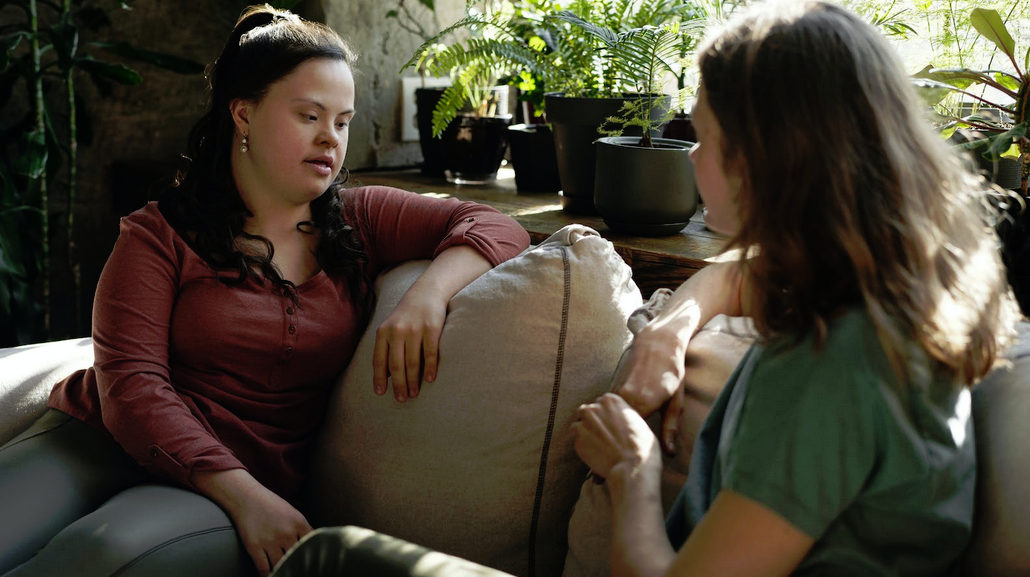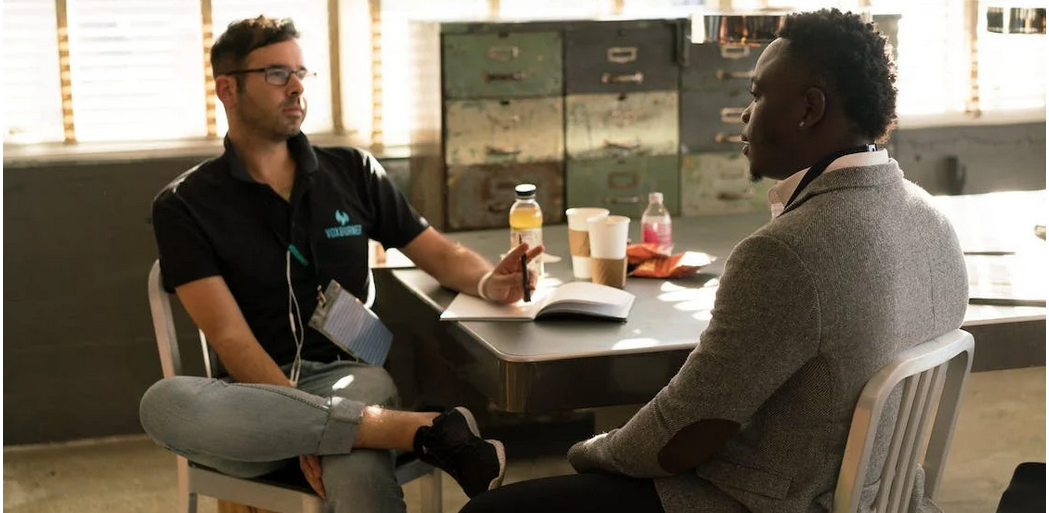How to Prevent Complicated Grief: Get Help, You’re Not Alone
Losing a loved one is one of life’s most painful challenges. The pain, grief, and confusion that come with it can be overwhelming. But here’s the thing: you don’t have to face it alone. In this blog post, we’re going to dive into some powerful ways to prevent complicated grief and find the support you need during this tough time. So let’s get started – because remember, no matter how hopeless things may seem right now, you are not alone.
Talking
Let’s start from the basic. The first thing you can do to prevent complicated grief is simply talking about your feelings. It may sound simple, but it’s a powerful way to process and navigate through the pain. When you keep everything bottled up inside, it only intensifies the emotions and prolongs the healing process.

Find someone you trust—a friend, family member, or therapist—and open up to them. Share your thoughts, fears, and memories of your loved one. Don’t be afraid to express both positive and negative emotions; grief is complex and encompasses a range of feelings. Sometimes, just having someone listen without any judgment can provide immense relief.
Support
When going through the difficult experience of grief, having a strong support system in place can make all the difference. Support from friends, family, and even support groups can provide comfort and understanding during this challenging time. So reach out and let others know how you are feeling. Bottling up your emotions will only prolong the healing process.
Speaking openly about your grief allows others to offer their support and empathy. If you think your loved ones can’t understand what you’re going through as they haven’t experienced loss themselves, go for support groups come. In times of grief, don’t go it alone – lean on those around you for support.
Bereavement Counseling
Last but not least, bereavement counseling can be a vital source of support for those experiencing complicated grief. Losing your loved one can be so painful, and it’s normal to feel overwhelmed by emotions during this time. That’s where bereavement counseling comes in.
When you attend bereavement counseling, you’ll have your chance to pour all your feelings and experiences with a trained professional who specializes in grief and loss. This type of therapy provides a safe space to express your thoughts, fears, and sadness without judgment.

In addition to providing emotional support, bereavement counselors can also help guide you through the grieving process. They may offer coping strategies or suggest activities that can assist in healing. By working closely with a counselor, you’ll gain valuable insights into your own grief journey and develop healthy ways of managing your emotions.
Takeaway
Remember that there is no right or wrong way to grieve. Each person’s journey is unique, so allow yourself time and space to heal at your own pace. Be patient with yourself as you navigate this difficult path toward acceptance. But keep in mind facing complicated grief doesn’t mean facing it alone.…


